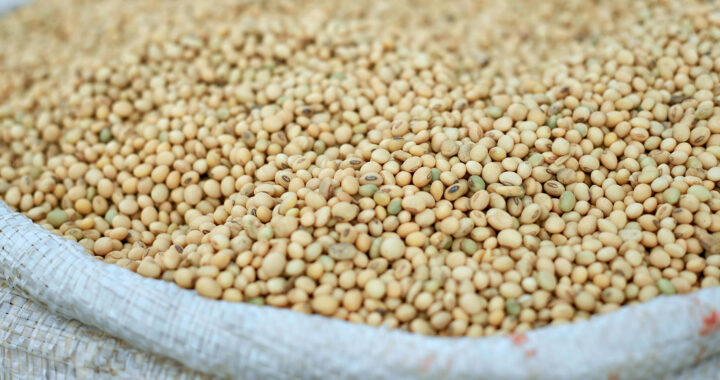Chinese importers booked at least 10 Panamax cargoes of Argentine soybeans after the Argentina government suspended its 26 percent grain export tax on 22 September 2025. Each shipment covers about 65000 metric tons which are scheduled for November delivery.
Argentina announced that the suspension will last until the end of October 2025 or util USD 7 billion in declared grain exports are reached. Government officials explained that the measure is intended to boost foreign reserves and stabilize the weakening peso.
Traders confirmed that Chinese buyers immediately locked in 10 to 15 cargoes under specific cost and freight terms. Prices were negotiated at premiums ranging between USD 2.15 and USD 2.30 per bushel over Chicago Board of Trade or CBOT contracts.
Farmers in the United States now face a significant setback as China has not booked any soybean cargoes from them this season. The absence of international orders breaks a long-standing tradition of American dominance during peak September to February exports.
Estimates indicate that American exporters could lose 15 million to 16 million tons of soybean sales if Chinese purchases remain absent until end of November 2025. Such losses would equate to billions of dollars in foregone seasonal farm revenue.
Markets quickly responded to the tax suspension in Argentina with volatility. Futures for soymeal and soybean oil in the Dalian Commodity Exchange in China fell nearly 3.5 percent on 23 September 2025. This reflects improved crushing margins and cheaper inputs.
Of course, despite the rapid and bulk purchases by Chinese importers, once the October deadline or USD 7 billion dollar ceiling is met, the 26 percent export tax will likely return, thus limiting the long-term competitiveness of Argentina against other exporters like Brazil.
China has diversified soybean sources throughout South America in 2025. It booked 2.43 million tons from Argentina and Uruguay in August. Earlier mid-year deals involved Argentine soymeal shipments to Chinese feed producers for the first time since 2019.
Prolonged trade tensions and tariff disputes between U.S. and China discouraged the latter from sourcing from U.S. farmers. U.S. agriculture has been struggling. China is expected to favor South American farmers unless diplomatic breakthroughs emerge.
